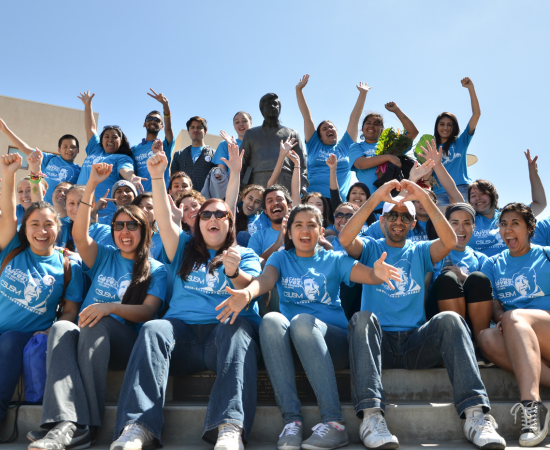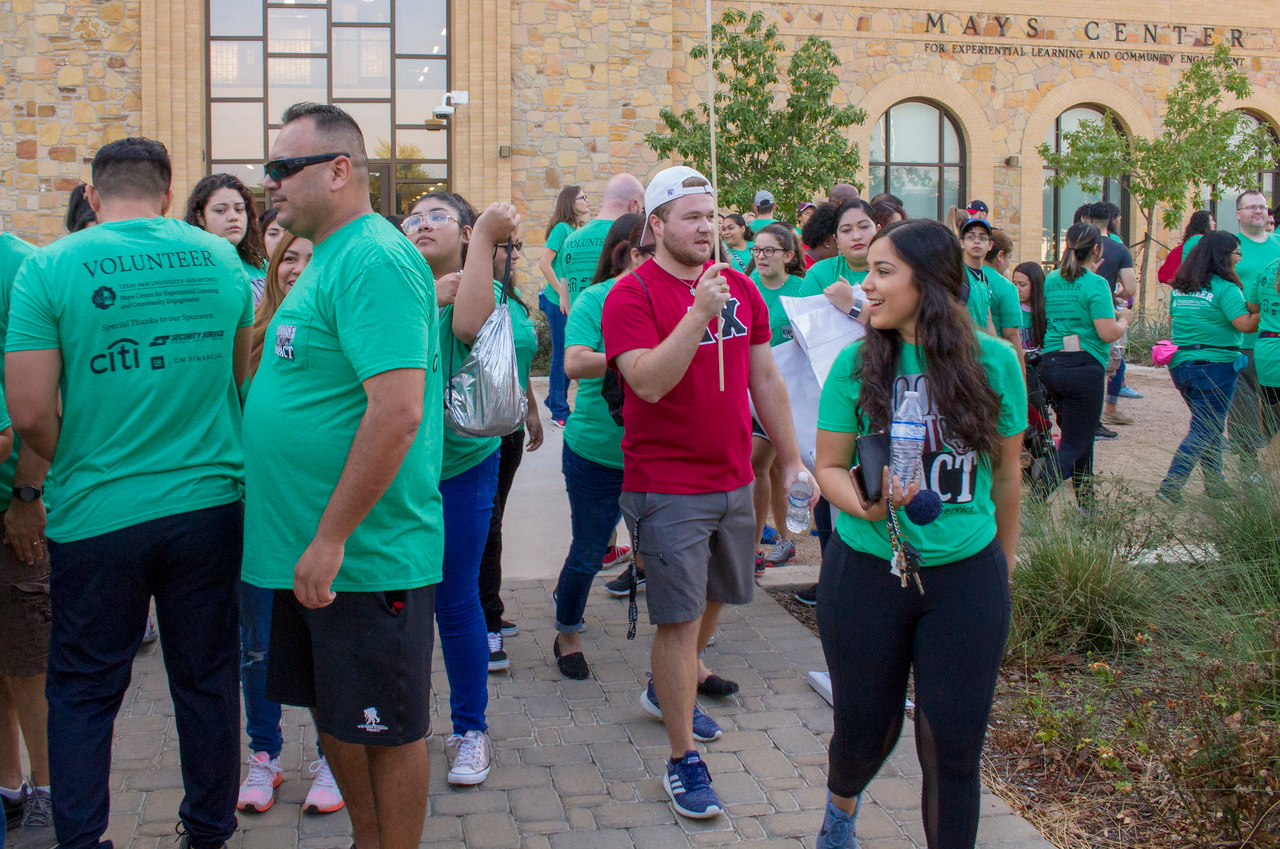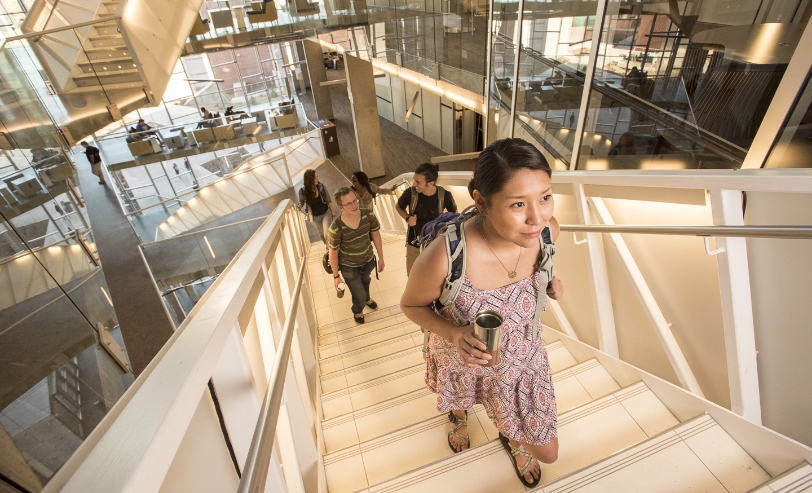Hispanic-Serving Institutions (HSIs)
AASCU’s member HSIs are vital institutions in their communities. They increase access to higher education for Hispanics and other students of color by providing culturally tailored support that improves retention rates and fosters academic success.

HSIs play a crucial role in serving Hispanic students enrolled in postsecondary education.
As the Higher Education Act amendments of 1992 outline, public or private nonprofit institutions can apply for federal HSI designation and funding through Titles III and V if the college or university meets specified enrollment and financial requirements. These funds can be used for various purposes, such as developing faculty and improving student support services and academic programs.
To be designated as an HSI, an institution must have:
- Hispanic enrollment: At least 25% of the full-time equivalent undergraduate enrollment must be Hispanic.
- Accreditation: The institution must be accredited by a recognized accrediting body.
- Public or Nonprofit status: The institution must be public or nonprofit, meaning it does not distribute its earnings to owners or shareholders.
- Low expenditures: The institution must have low educational and general expenditures, meaning lower resources with which to serve students.
- Low-income student enrollment: The institution must enroll a high percentage of low-income students.
90%
of all public four-year HSIs are regional public universities.
16%
of regional public universities that are HSIs are also Rural-Serving Institutions (RSIs)
Meet AASCU’s HSI members.
Hispanic-Serving Institutions by the numbers
Regional public universities that are HSIs enroll more than 1.4 million undergraduate students.
69%
of all undergraduate students at regional public universities that are HSIs are people of color
57%
of undergraduate students at regional public universities that are HSIs are women
48%
of undergraduate students at regional public universities that are HSIs, on average, receive Pell Grants
Top fields of study:
27%
Social and behavioral sciences and human services
24%
Business and communications
21%
STEM fields
HSI Leadership
38%
of presidents at regional public universities that are HSIs identify as people of color
45%
of presidents at regional public universities that are HSIs identify as women
Career pathways among regional public university HSI presidents:
- Faculty/academic: 69%
- Career administrative leader: 21%
- Public sector/government: 5%
- Business executive: 2%
- Other: 3%
Data Sources
- The data presented on this page reflect AASCU’s institutional members. The institutional map includes only regional public universities who are AASCU’s institutional and associate member institutions.
- AASCU analysis of IPEDS data, College Scorecard data, and The American College President Study 2023 Edition from the American Council on Education.
- Data reflect institutions that met the eligibility requirements to apply for federal designation and funding as a Hispanic-Serving Institution in FY24.
- The term “people of color” represents individuals who identified as American Indian or Alaska Native, Asian, Black or African American, Hispanic or Latino, Native Hawaiian or other Pacific Islander, and multiracial.
- AASCU employs the framework and methodology developed by the Alliance for Research on Regional Colleges to designate our member institutions as rural-serving institutions (RSI). As such, AASCU designates any member institution that has an RSI score above the average score as an RSI.
- President profile data reflect the identities of presidents who completed the American College President Study survey.
- For a complete list of HSIs, visit the U.S. Department of Education’s Eligibility Matrices for Titles III and Title V Programs.
HSI Member Spotlight
Questions about HSIs? Let us know.
"*" indicates required fields

